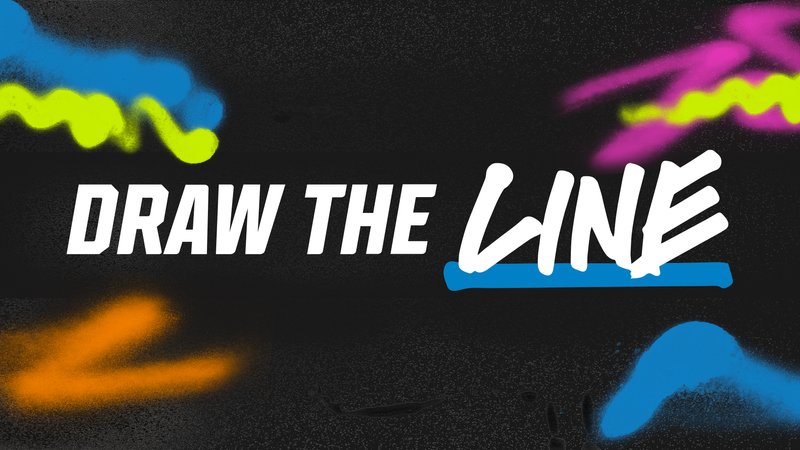The NCAA has launched Draw the Line, a campaign that prioritizes educating student-athletes about the effects of sports gambling while also addressing gambling issues for all who consume and participate in college sports.
The campaign launches during the first week of the Division I Men's and Women's Basketball Championships, one of the busiest betting times of the year in the country. According to a recent report from the American Gaming Association, $2.72 billion could be wagered at U.S. sportsbooks on this year's tournament, nearly double the amount believed to have been wagered on this year's Super Bowl. It is.
Draw the Line is aimed at college students and runs across social media channels. It also includes a membership toolkit for member schools and conferences to access resources to extend campaigns to their campuses.
Sports betting is legal in more than 30 states, and more than half of college students report having bet on sports at least once in the previous year.
According to a 2023 NCAA study, sports betting is prevalent among 18- to 22-year-olds on college campuses, with 67% having participated in sports betting.
“Sports betting is happening everywhere, especially on college campuses, so student-athletes have no real idea of how sports betting affects them and their ability to play,” said NCAA President Charlie Baker. It's important to know the story.” “We know that some bettors are harassing student-athletes and public officials, which is why we are advocating for policy changes at the state level and encouraging people to report serious threats to law enforcement. Now more than ever, the NCAA is working to protect bettors, increase the integrity of the game, and educate student-athletes about the truth about sports betting. ”
Last fall, the NCAA began advocating for states to reform their sports betting laws. Over the past five years, 38 states have passed 38 different laws legalizing sports betting. Some states include strong protection and integrity provisions, but many do not. The association is pushing for new regulations to protect student-athletes from harassment and coercion, address the negative effects of problem gambling, and protect the integrity of NCAA competition.
In response to this initiative, several states have moved to restrict prop bets, or bets that are not tied to the overall outcome of a game. At Ohio State, student-athletes, campus leaders and the state administration worked with gaming regulators to ban player-specific prop bets. Since Ohio's action, West Virginia, New Mexico and Maryland have taken steps to protect student-athletes from sports betting harassment.
The NCAA is also working with Signify Group to pilot an initiative targeting social media harassment in preparation for the 2023-24 championship season. This initiative focuses on select championships where there is a high risk of harassment and abuse of championship participants, particularly student-athletes.
Additionally, the association continues its educational efforts in collaboration with EPIC Global Solutions. More than 50,000 student-athletes, coaches and administrators have participated as part of this program, making it the largest program of its kind in the world. The NCAA also launched its first sports betting e-learning module designed to educate more than 500,000 current and future student-athletes about the harms of problem gambling and the risks sports betting poses to the integrity of sports. launched.


